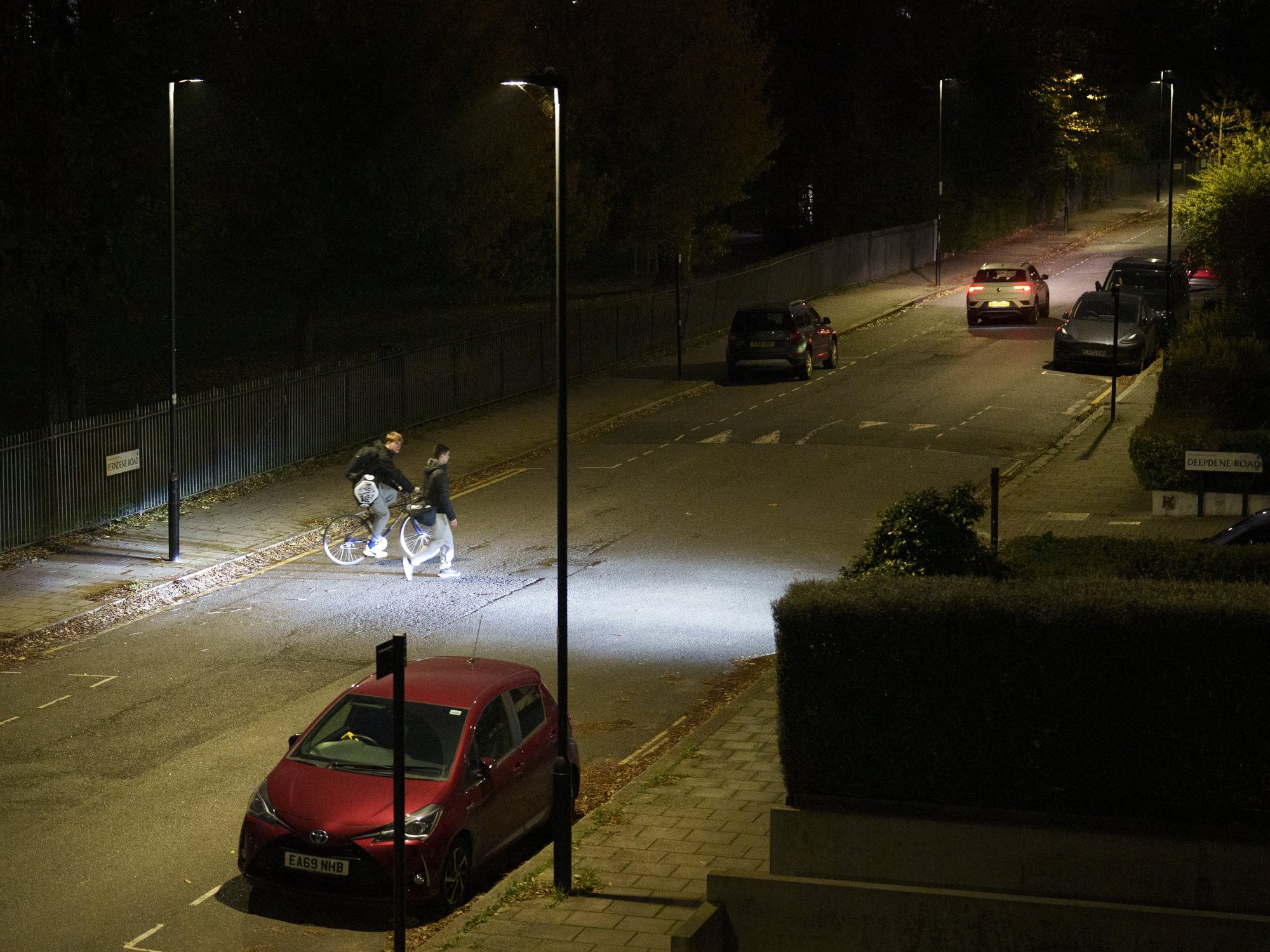'Labour's housing plans have fallen flat - the Government aren't building where houses are needed most,' writes Brandon Lewis

'If we don’t build in our major hubs, we’re pricing out young people from remaining there,' says Brandon Lewis
|GB News/ Getty

Former Justice Secretary Sir Brandon Lewis says the Government are increasing targets in the North, whilst cutting them i the South East
Don't Miss
Most Read
It’s unsurprising that getting spades in the ground seems to be a top priority for Labour. And in fact, it’s a good thing for the country- politicians from all parties that have been prevaricating on the issue for far too long.
The result of this has been a housing deficit of 4.3 million homes. To put this in human terms, this means that our children and grandchildren are being forced to pay astronomical sums to rent a home, and are facing the possibility that they may never be able to afford to buy their own at all.
At first glance, the government appears to be taking a step in the right direction. Housing targets will be made binding again. It might be strange to read a Conservative making the case for any kind of target, but the crisis is now so acute they have become a necessary means to ensure that councils get building. I lean away from targets, I was never keen on them as Minister either, but we can put a duty on local authorities to ensure they are reflecting genuine local needs.
We had that and sadly we removed the requirement recently which means it opens the door to Labour to reimpose centrally set targets, that give less focus on local circumstances.
Local authorities will now be required to release green belt land if that’s the only way to meet these targets, it’s been suggested that they could do this by re-classifying what they are calling ‘grey belt’ land - that is, land that is technically green belt but is not very ‘green’ at all such as car parks and disused service stations. We must accept that building on some parts of the green belt, in this way, is necessary.
It is why I argued for a proper review of what is green belt so that we can properly protect real green greenbelt land whilst making non-green land more viable for development.
But on closer inspection of the details of Labour’s plans, they fall flat. The overall national house-building target might have risen, but the way that these targets are being calculated has also been changed.
Rather than concentrating on areas where new houses are needed most, Labour are instead increasing targets in the North, whilst cutting them in our big cities and in the South East.
The target in London, for example, has been cut from 100,000 to 80,000. With delivery already having dropped in London in recent years, pushing prices up further. That’s not to say that areas in the North don’t need new homes too.
But as Adam Smith Institute’s Cost of Rent Day calculations show, the affordability crisis is worse in London. Cost of Rent Day, the day on which, on average, someone stops paying their rent and starts keeping their money for themselves, fell on July 16, compared to the national average of May 5.
LATEST OPINION:
- Good people forced to keep schtum for fear of being branded criminals - this is out of Stasi Communist playbook - Peter Bleksley
- 'Make no mistake, Sir Keir Starmer is the most left-wing Prime Minister this country has ever had'
- 'It's not wrong to want control of our borders, but rioters are angry at the wrong people'
I have consistently said that we need to be building houses of all types and tenures, to the quality that people expect, in the places where people want to live. The latter point is vitally important.
Polling with JL Partners showed that 59 per cent wanted new homes to be built in existing communities rather than new ones- they want to stay near their friends, family and jobs.
If we don’t build in our major hubs, we’re both pricing out young people from remaining there, and preventing other talented young professionals from moving close to great job opportunities, with all the knock-on effects to the economy that that brings. Labour has also not considered what should be done on the demand side.
Just as it was wrong to stoke demand whilst not increasing supply, we cannot only enact supply-side reforms without matching help on the demand side. Developers need confidence that people will be able to buy their new houses, whilst we wait for prices to lower.
This support should concentrate on helping the first-time buyers who need it most. Right now, many of them are currently having to rely on the Bank of Mum and Dad- which helped 470,000 people on the housing ladder last year, which is demonstrably unfair for the thousands of young people who are less fortunate.
The Government could use the upcoming Budget to revive a Help to Buy scheme focused on first time buyers, or to cut Stamp Duty further, one of the most economically damaging taxes we have. Planning reform is absolutely vital- but as it stands Labour’s plan risks causing all of the economic and social distortions created by state planning, whilst still not helping people live where they want.










